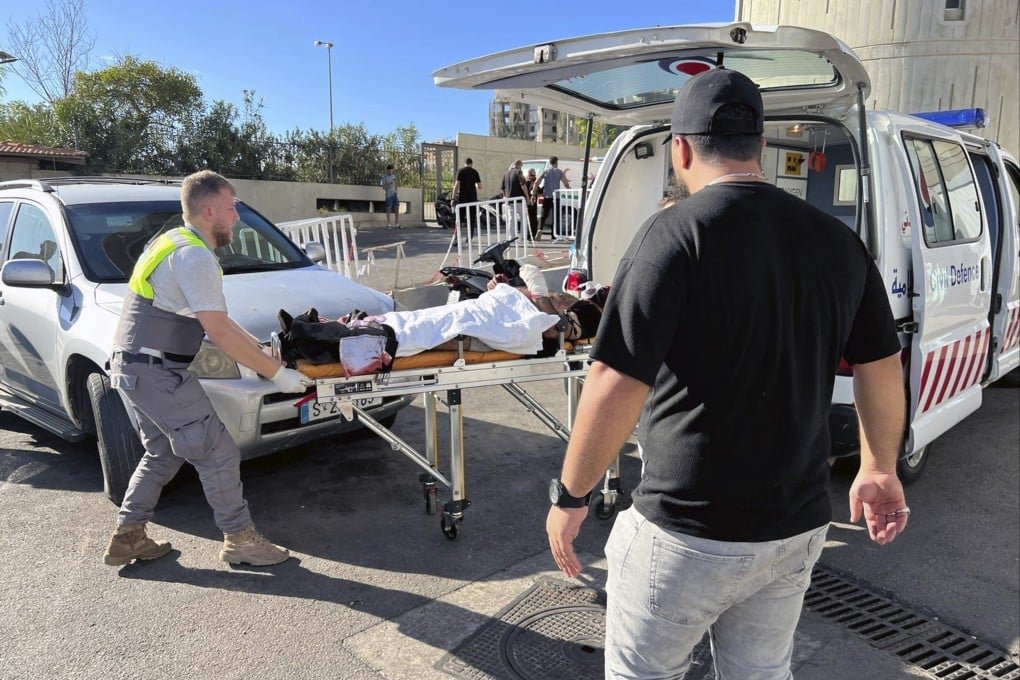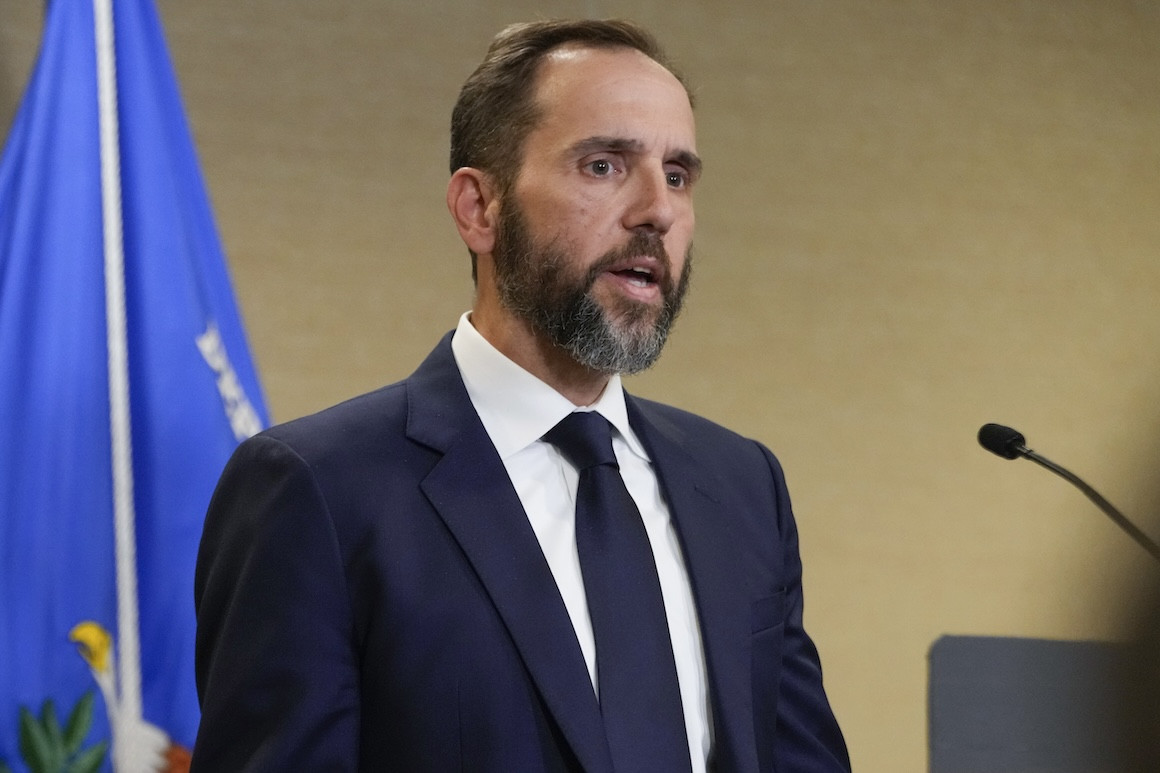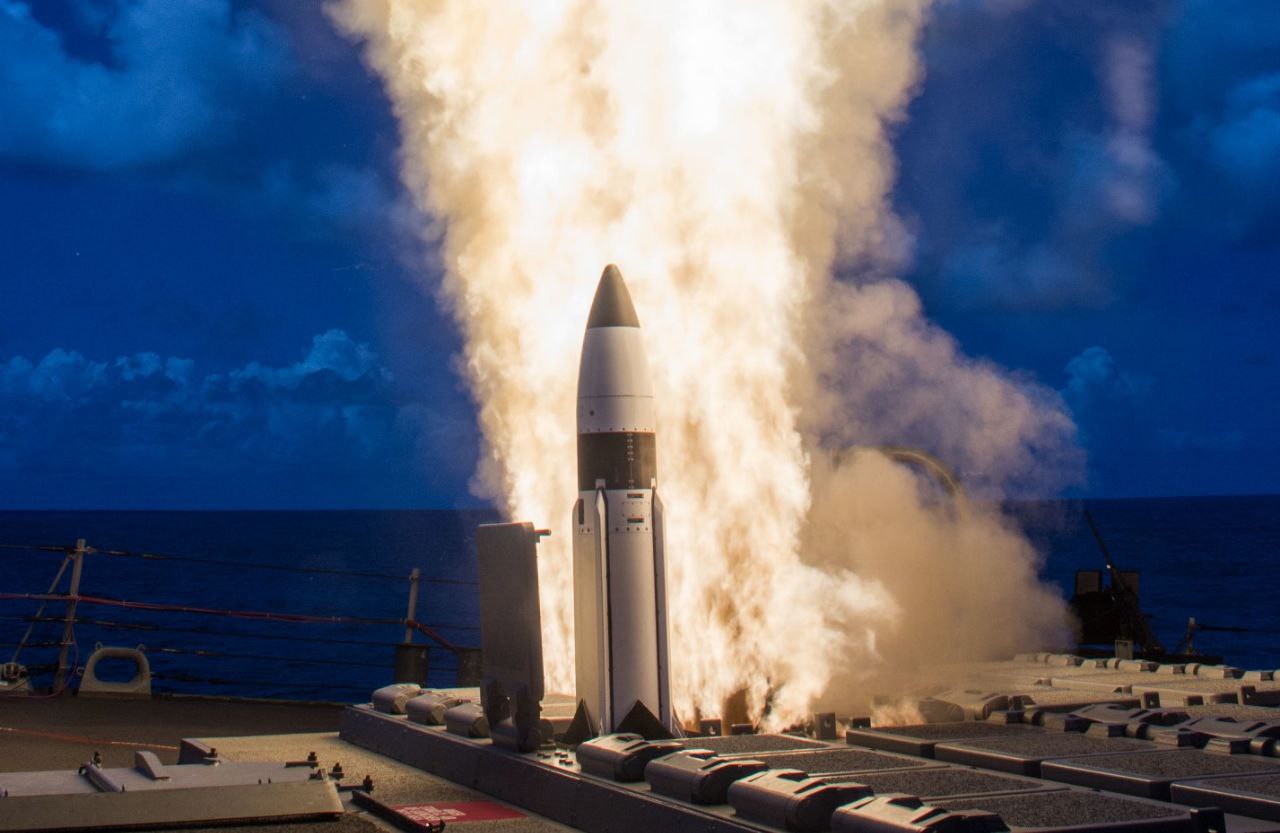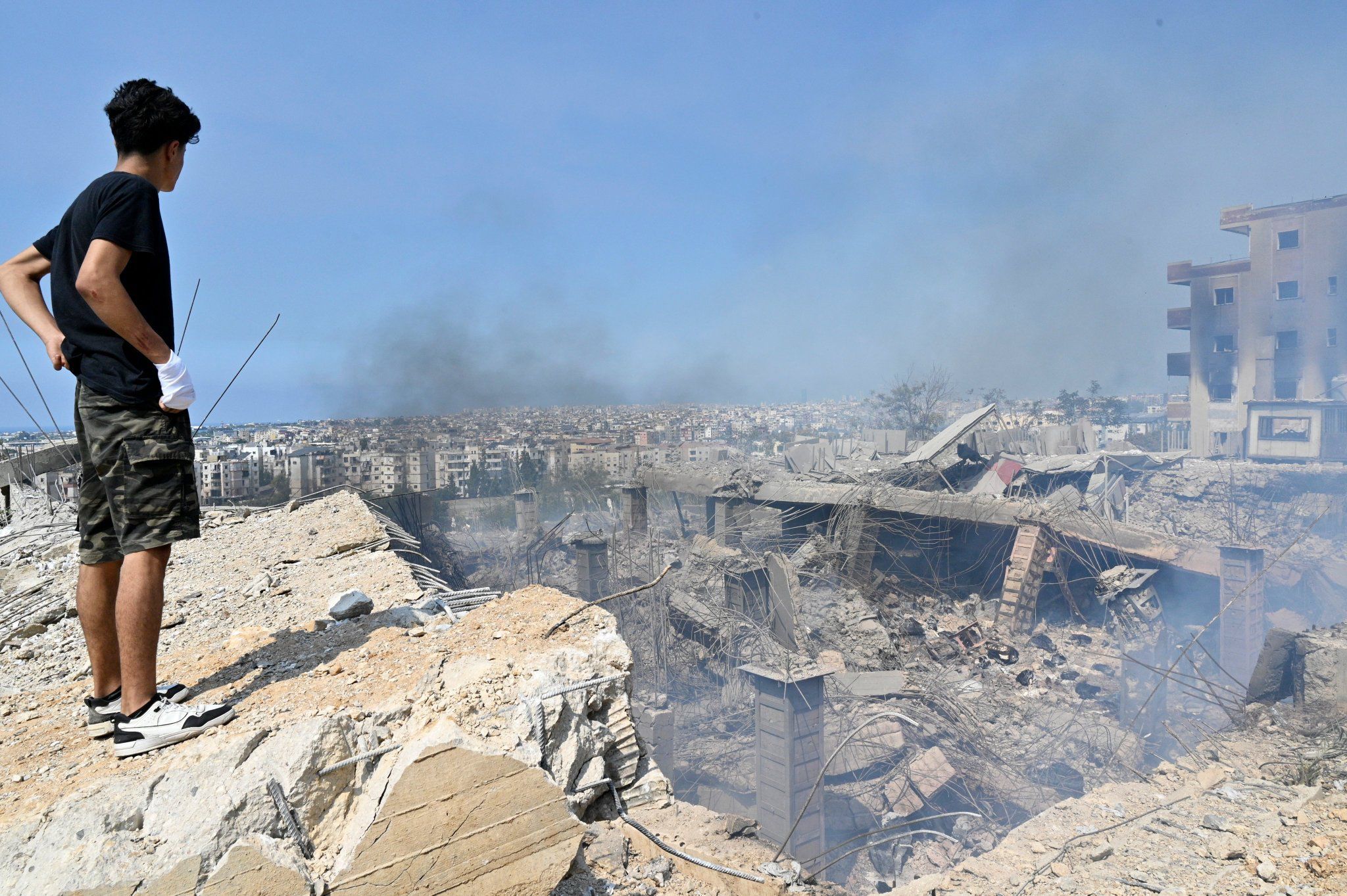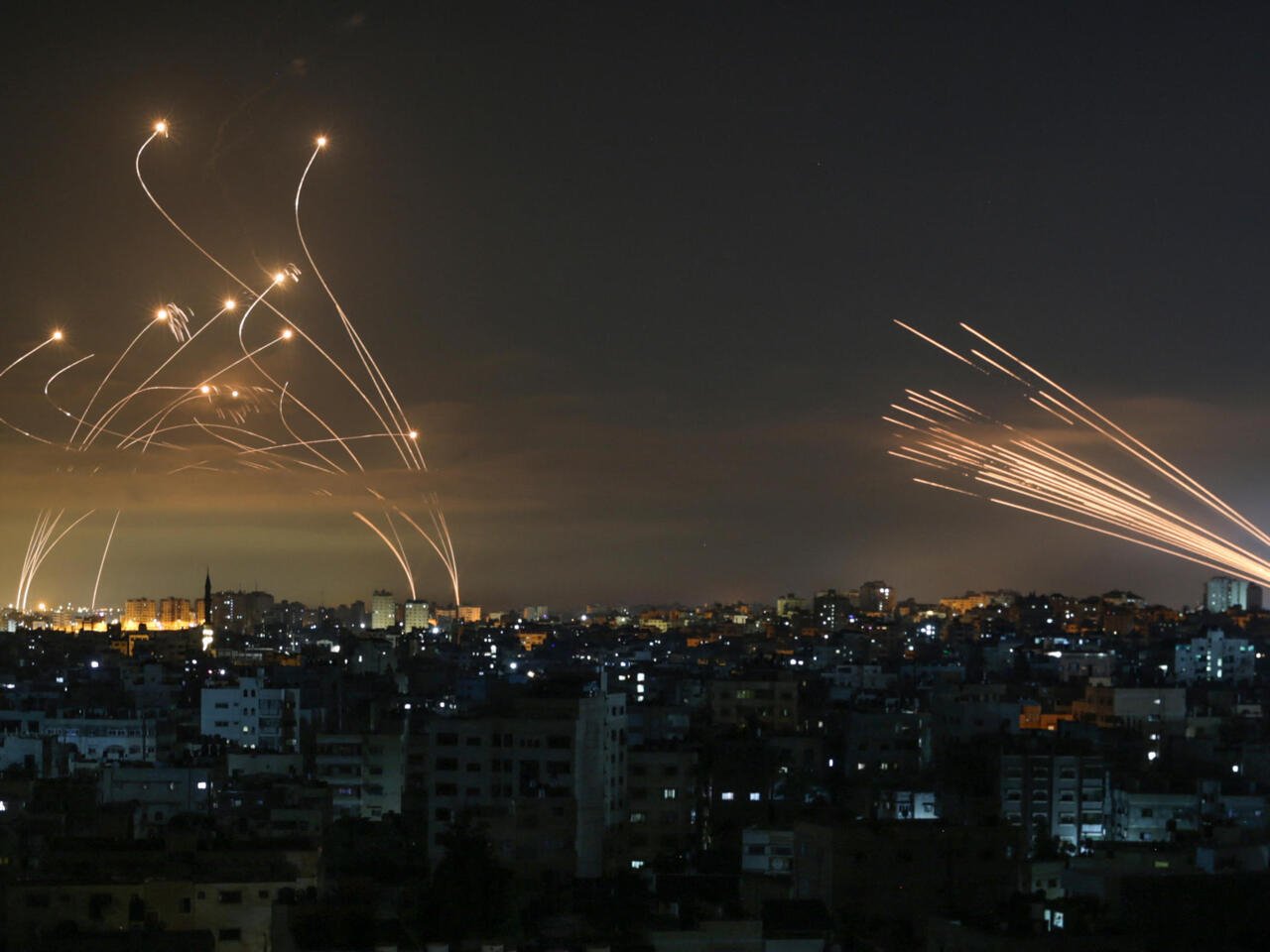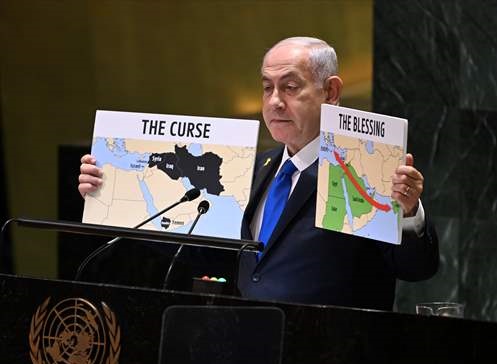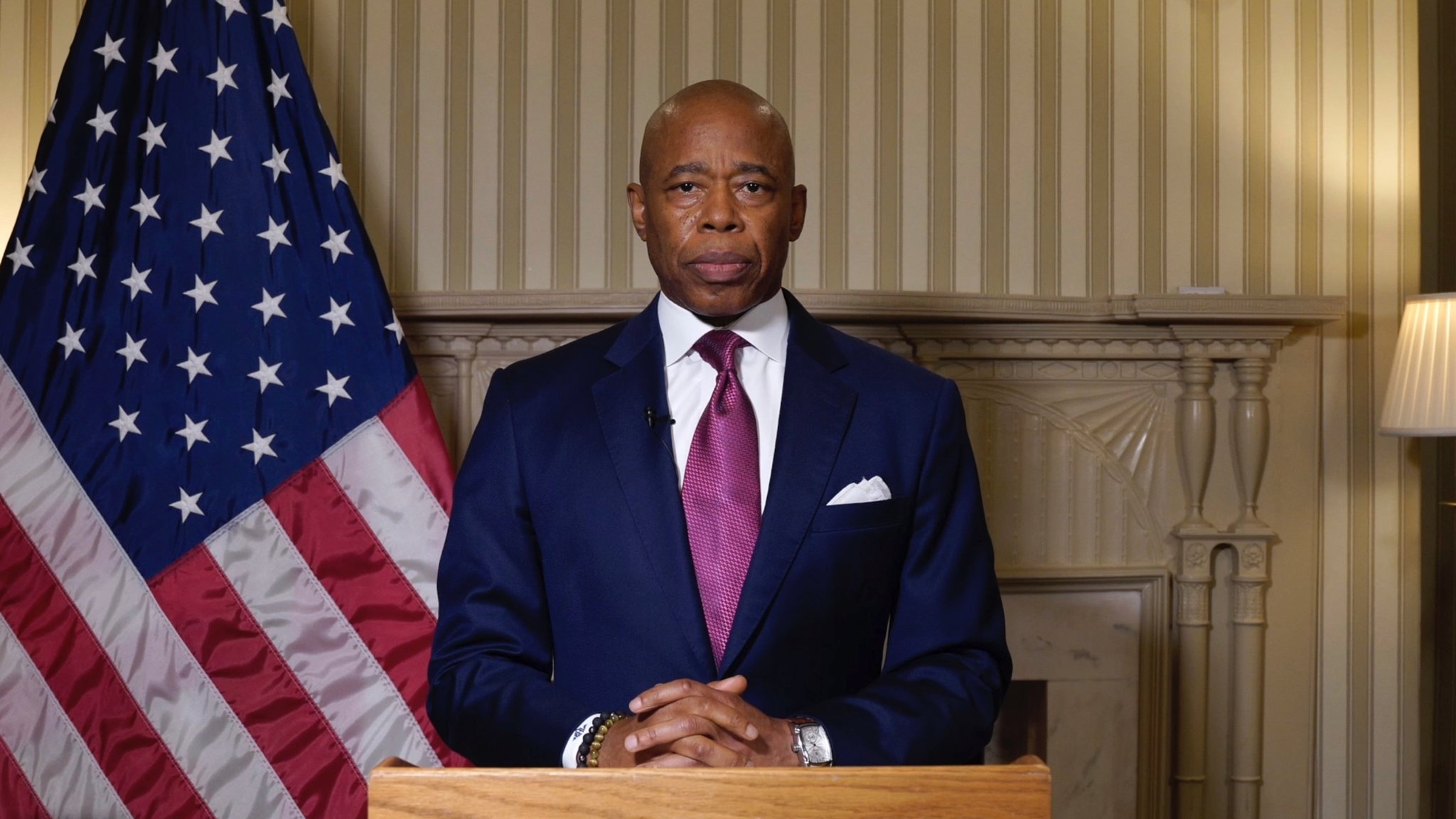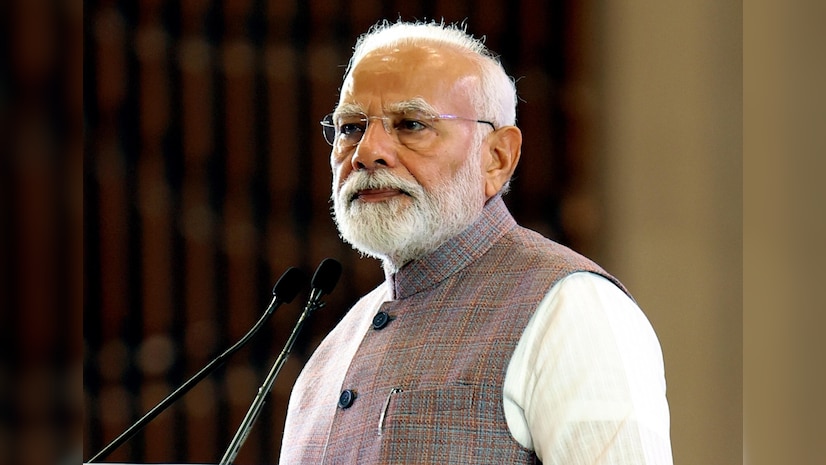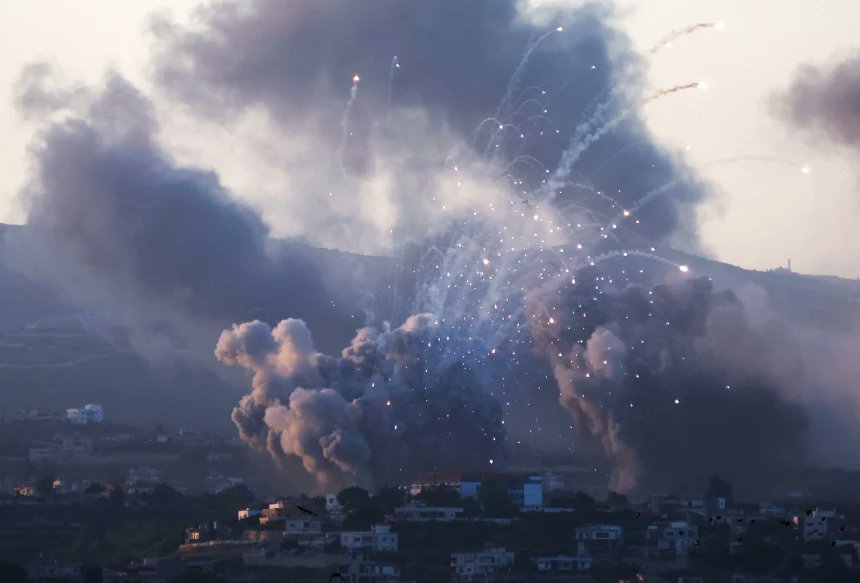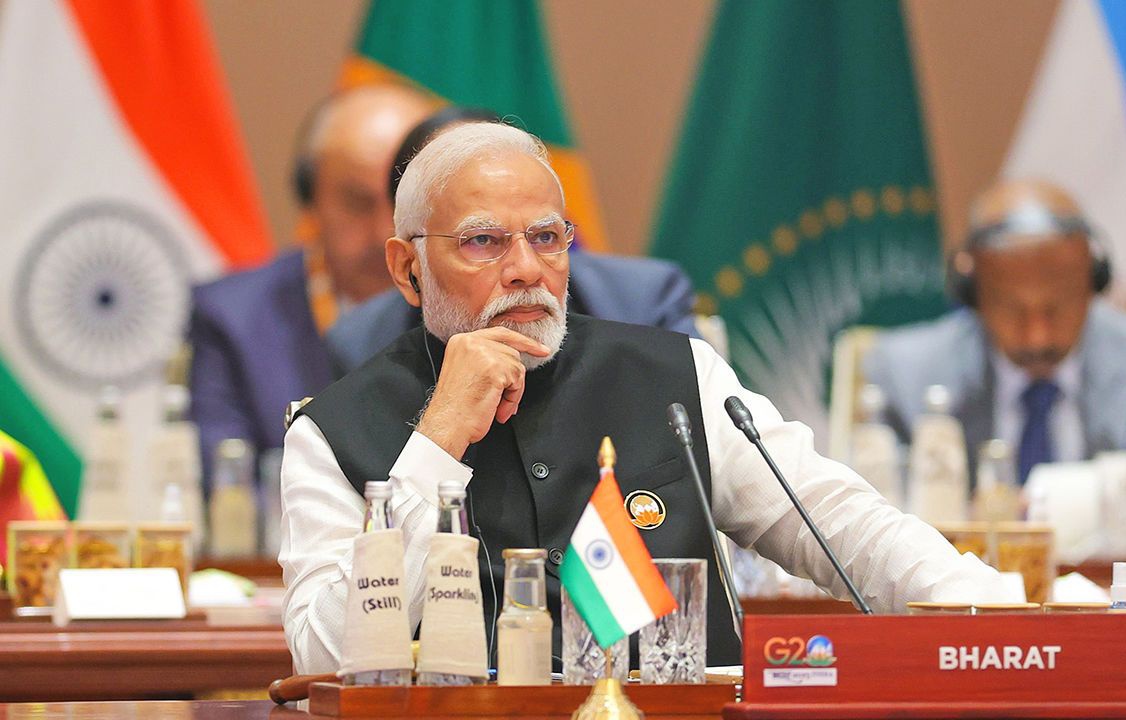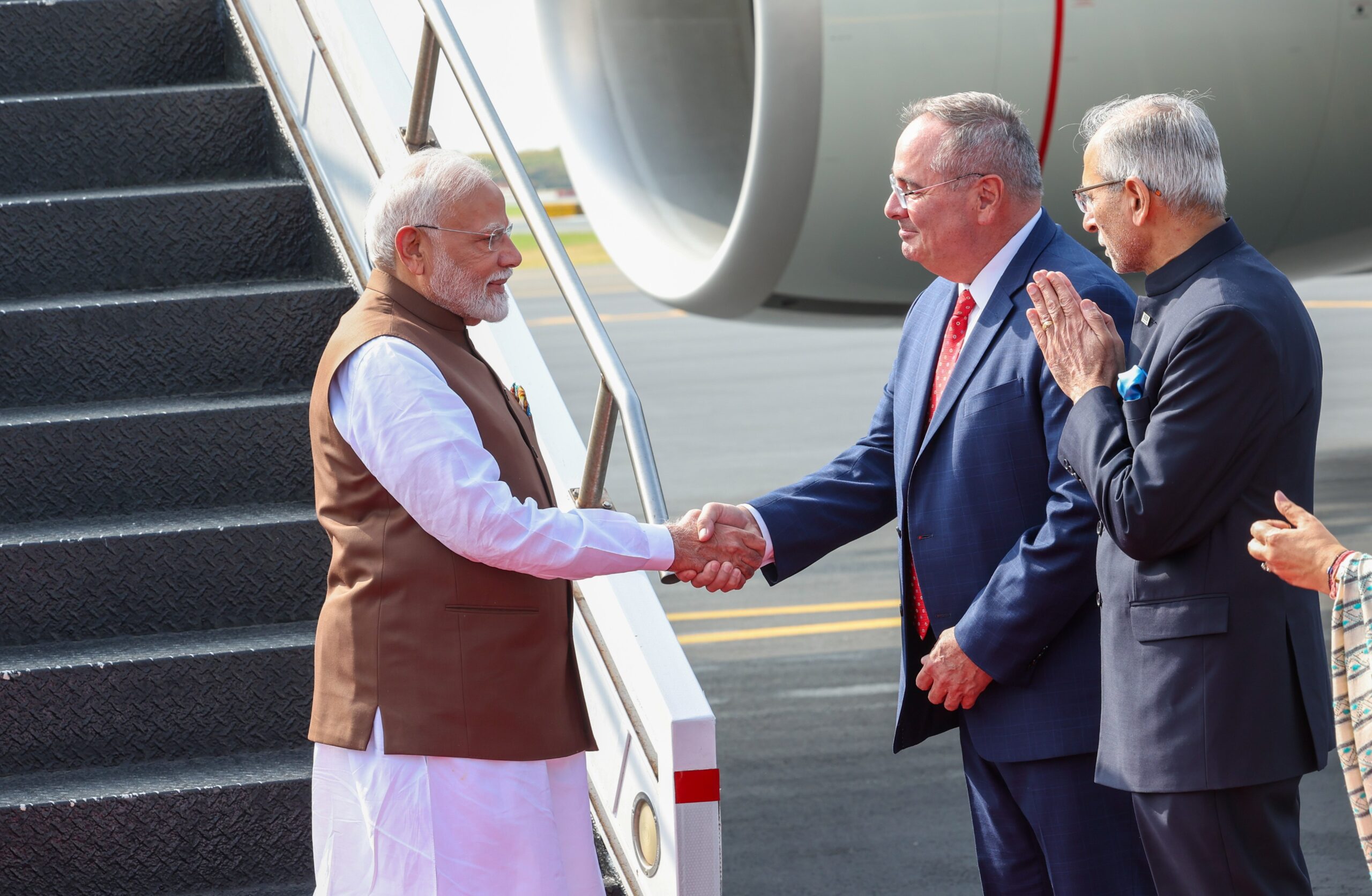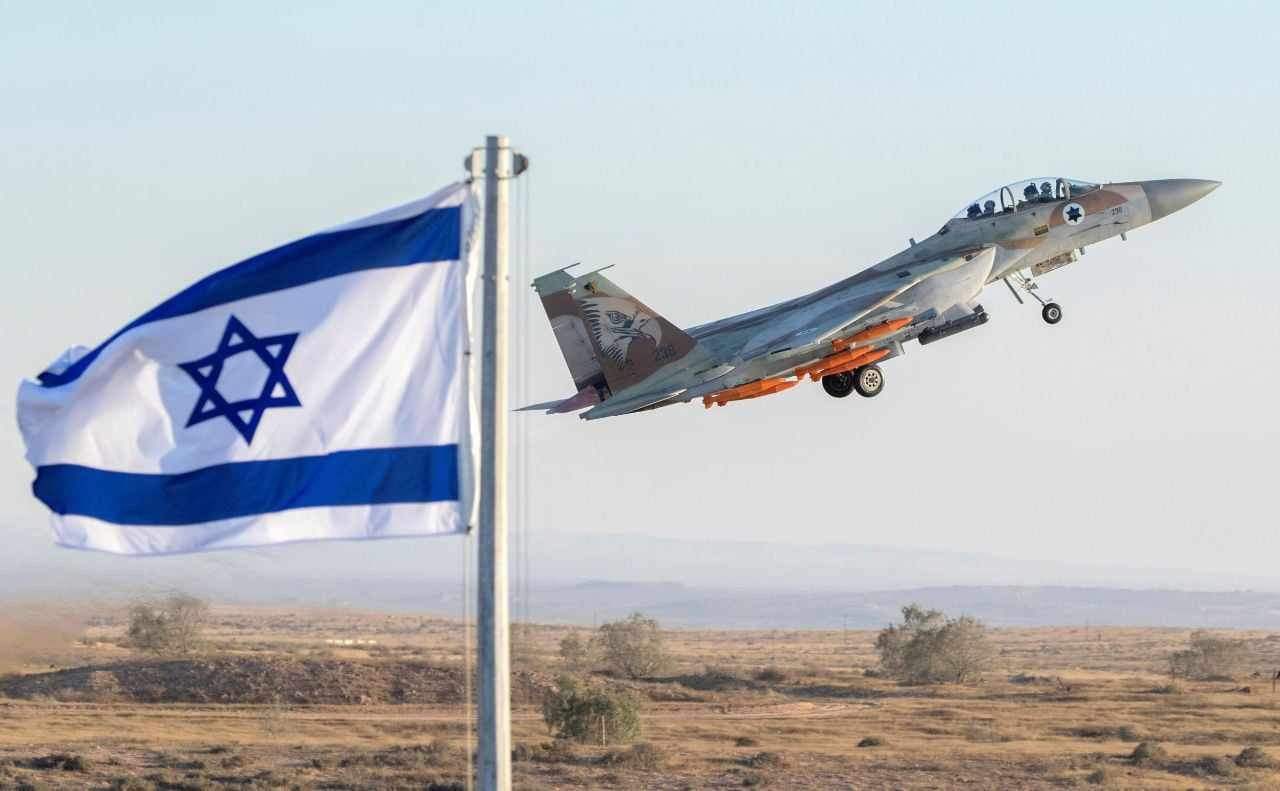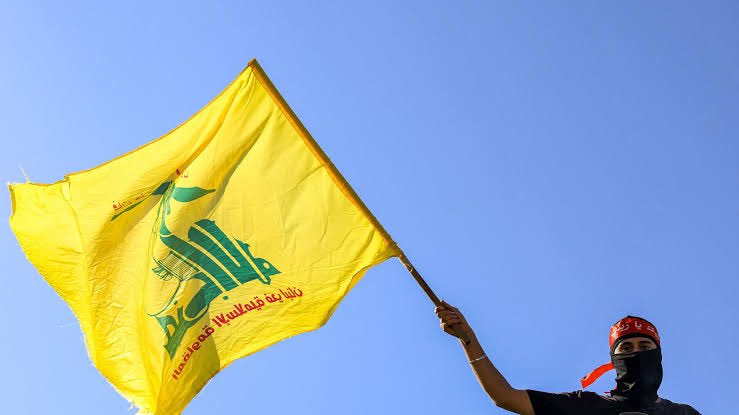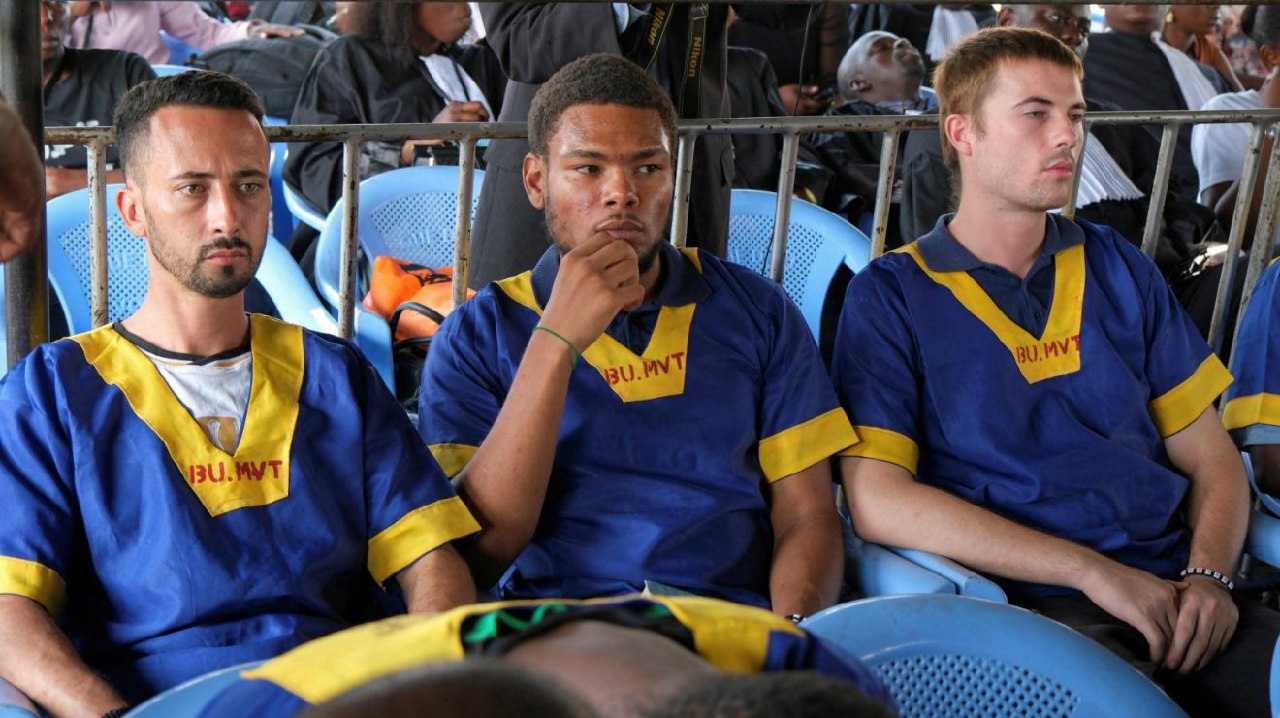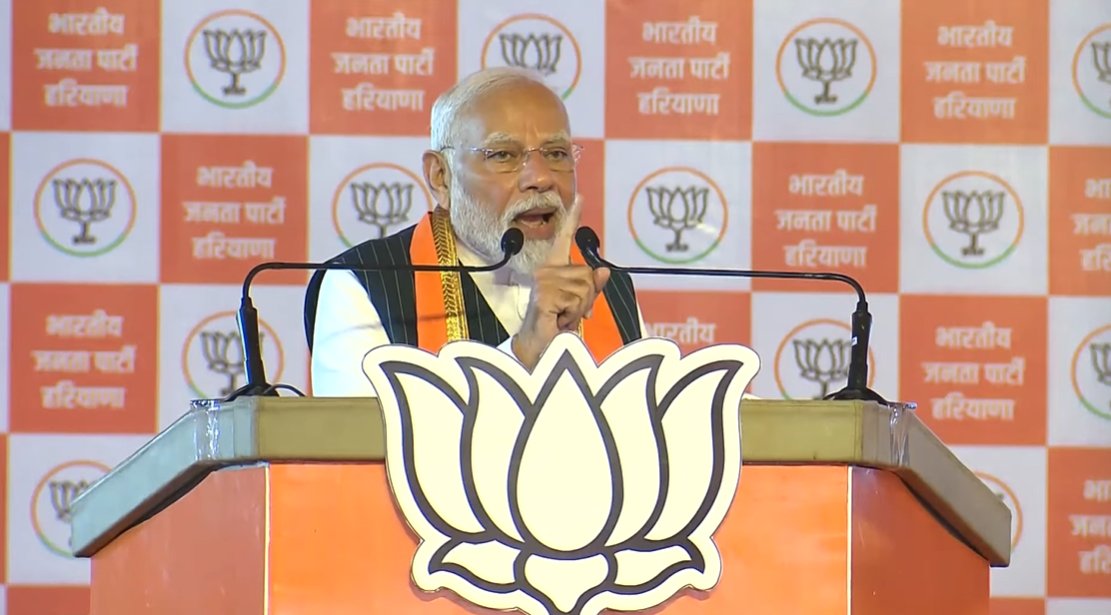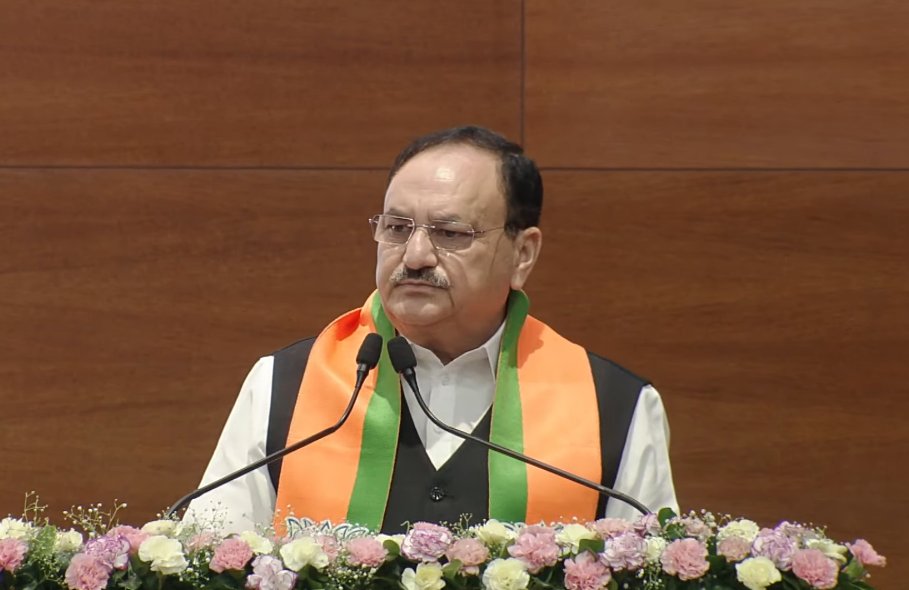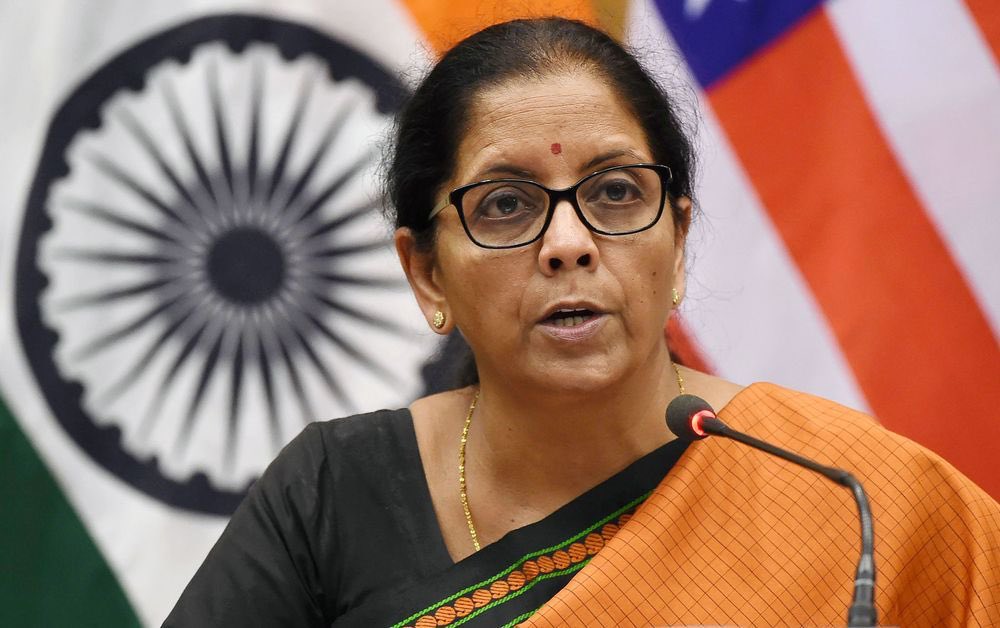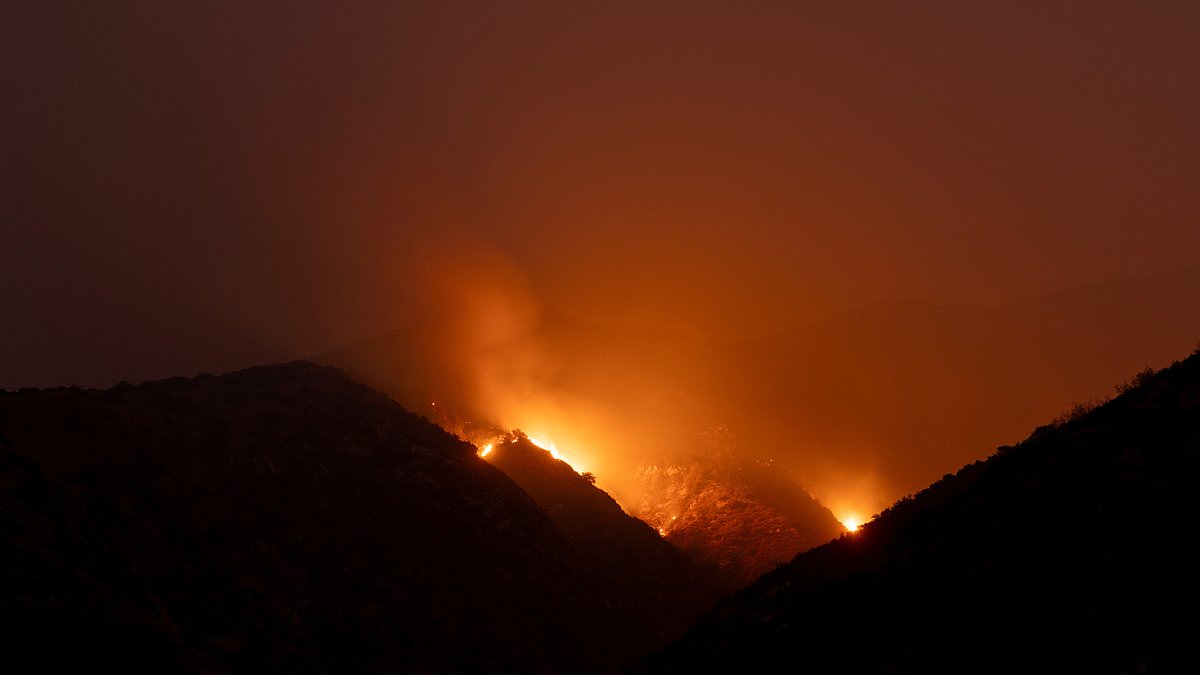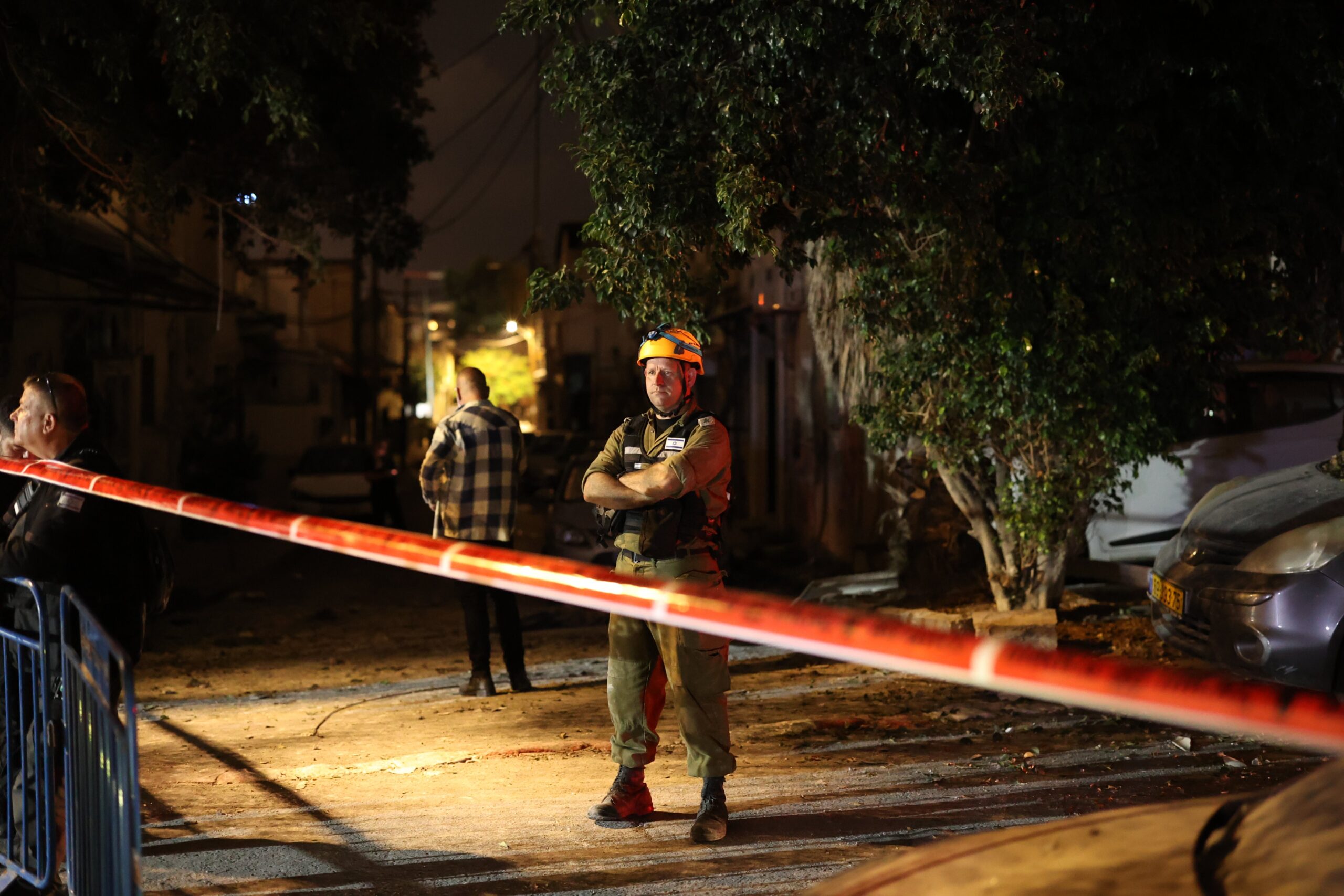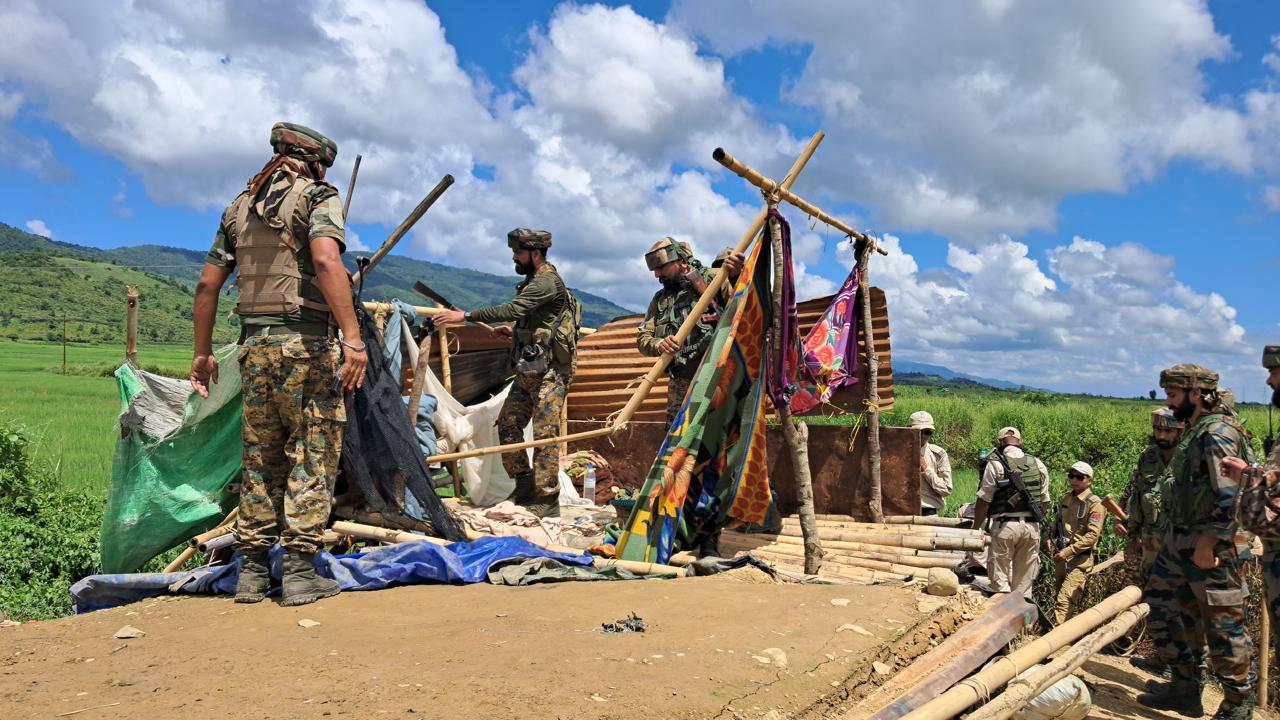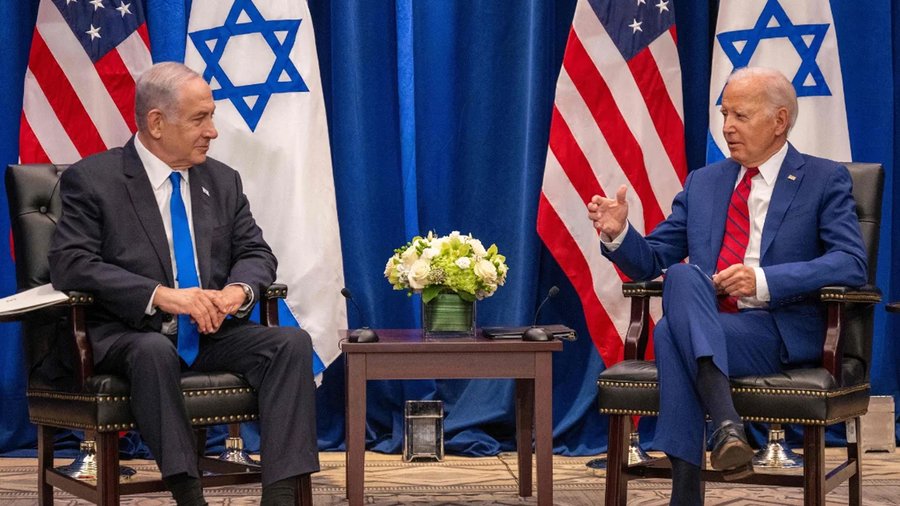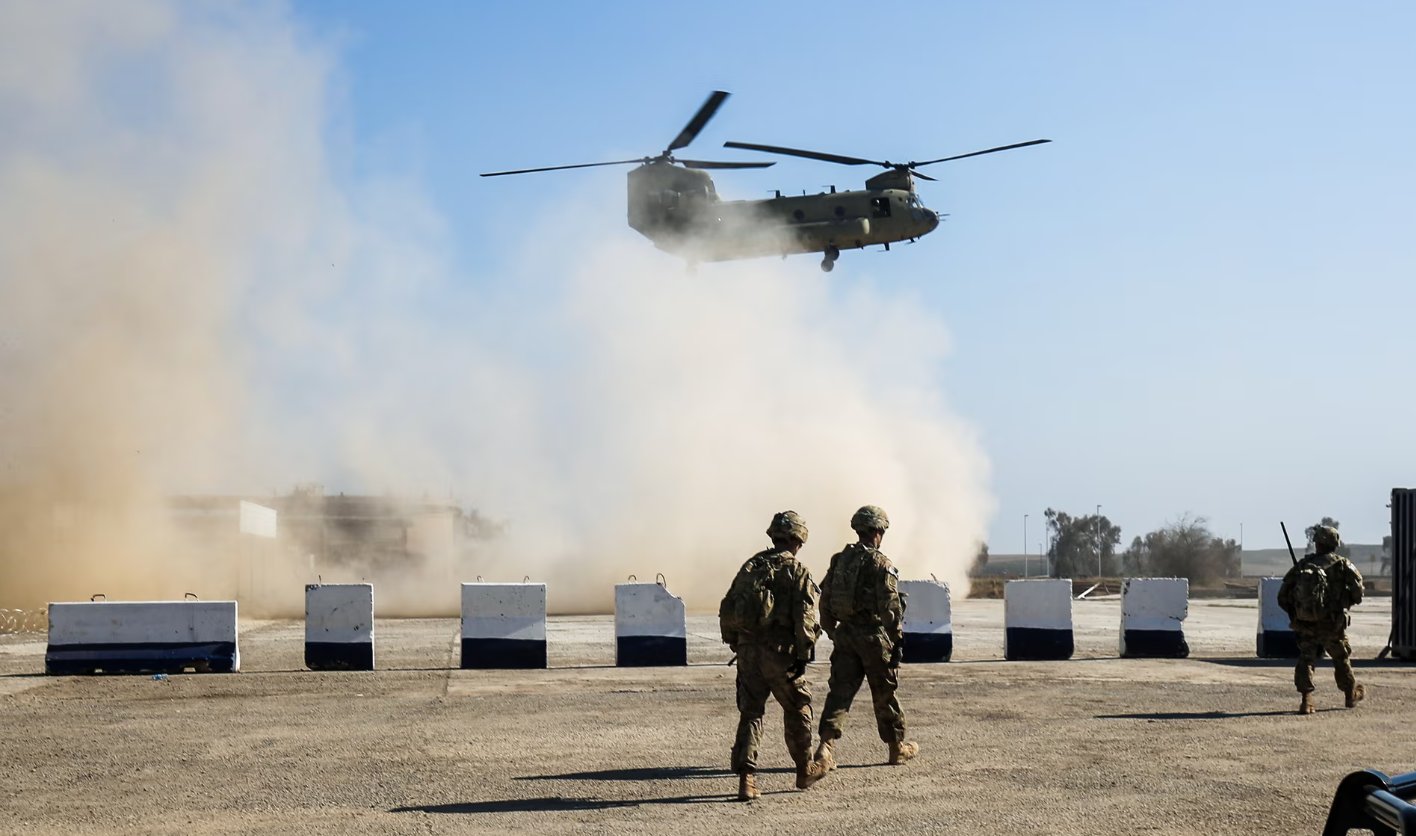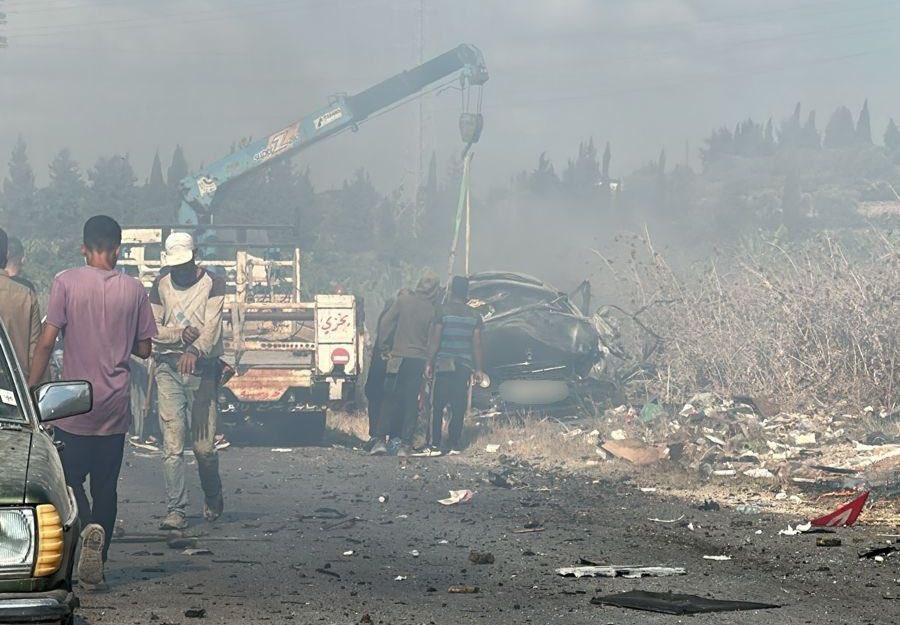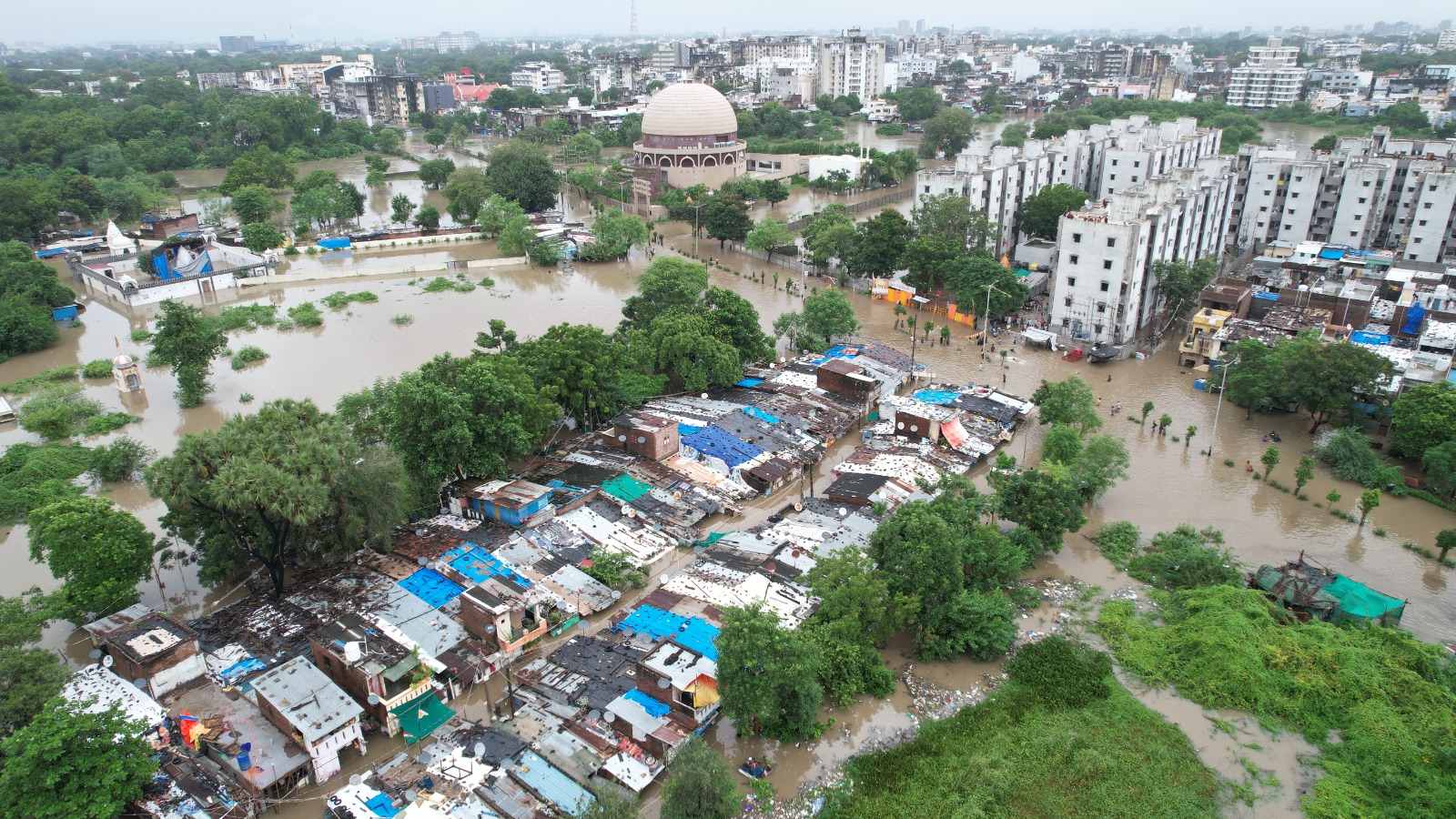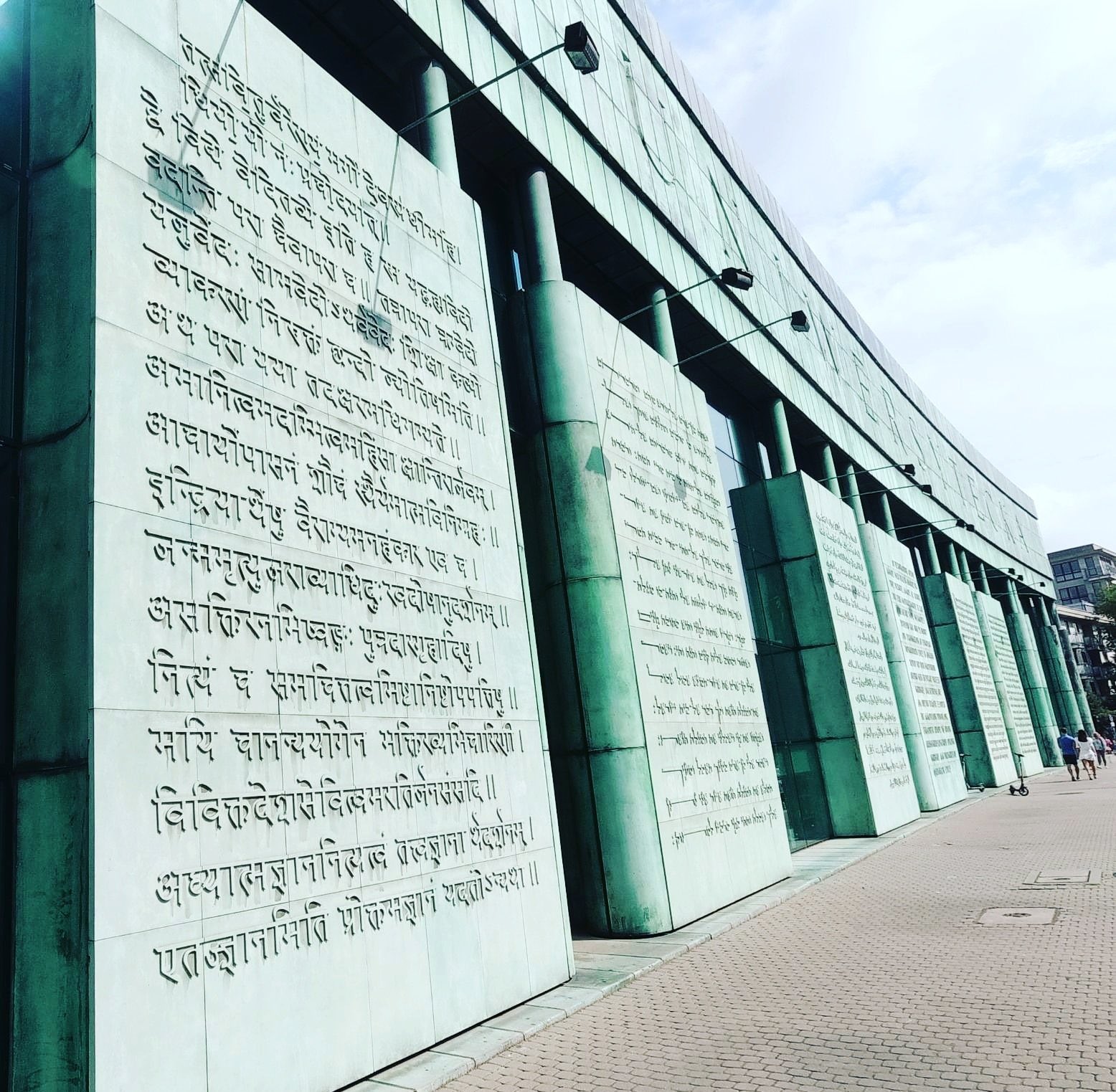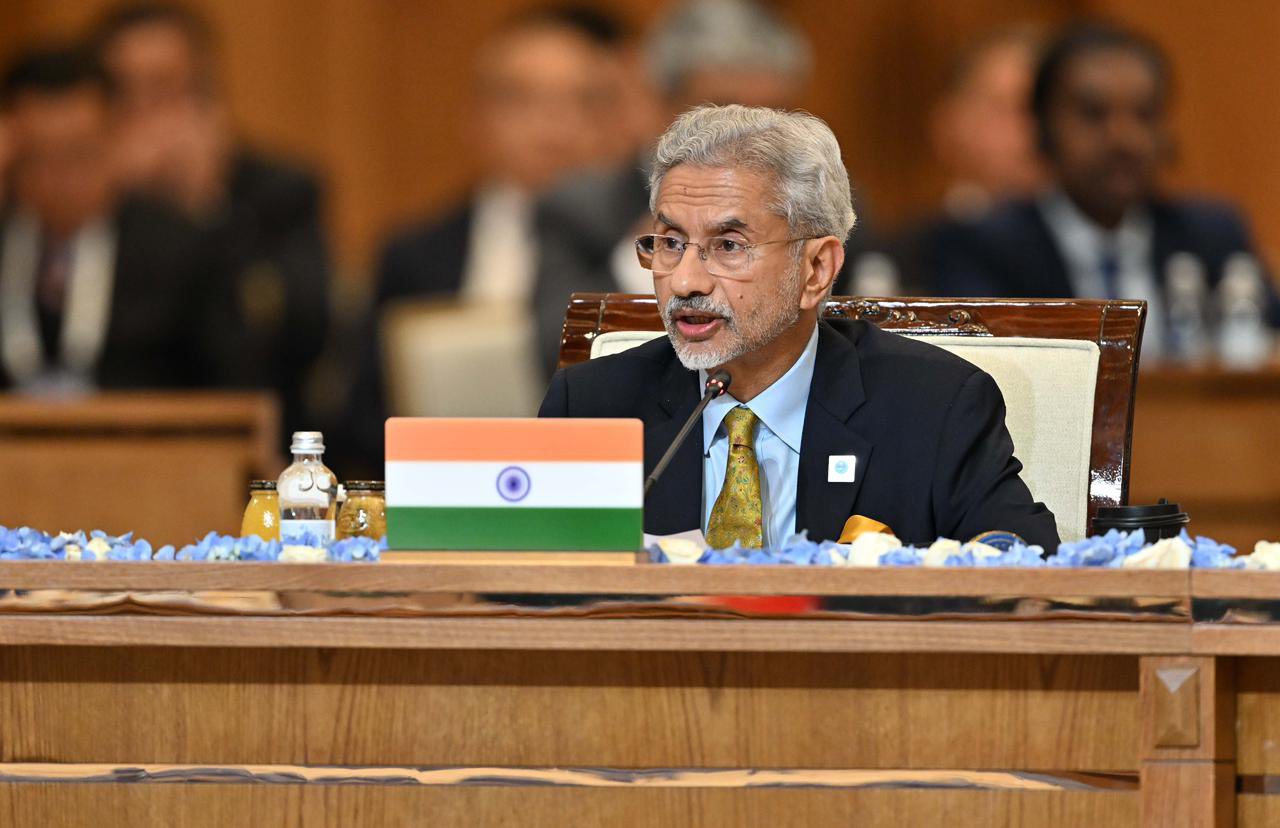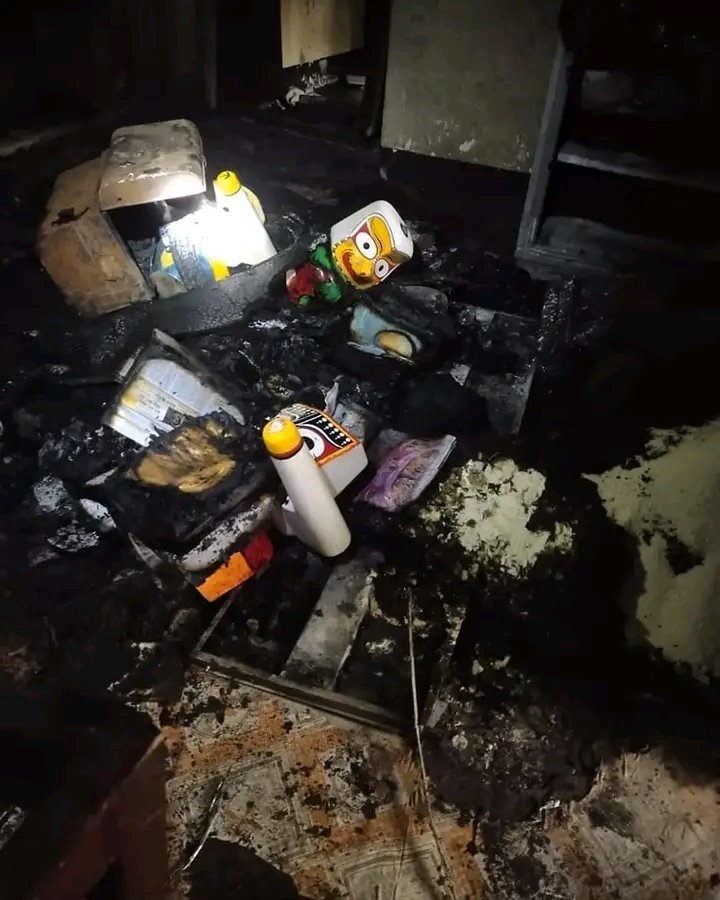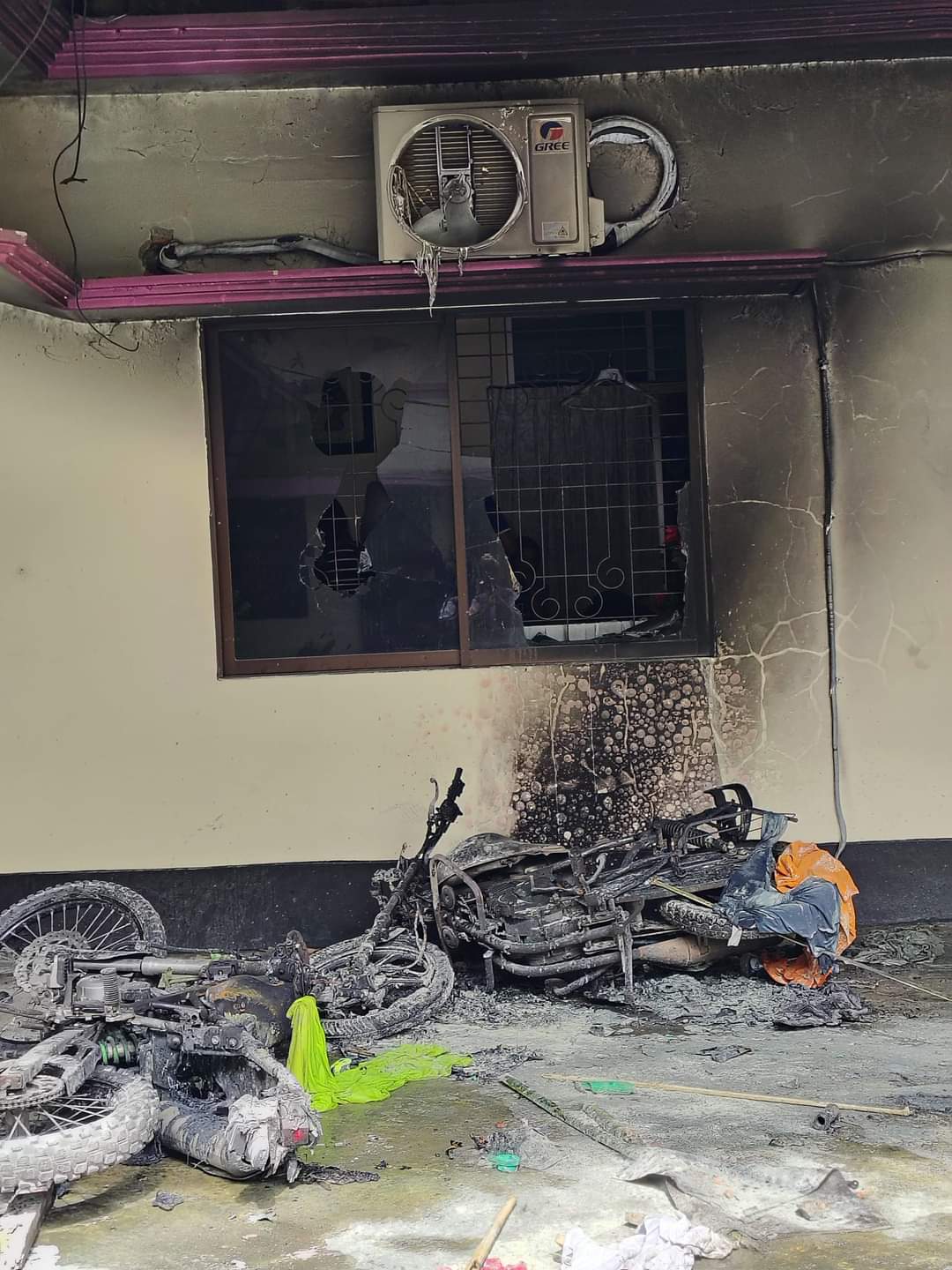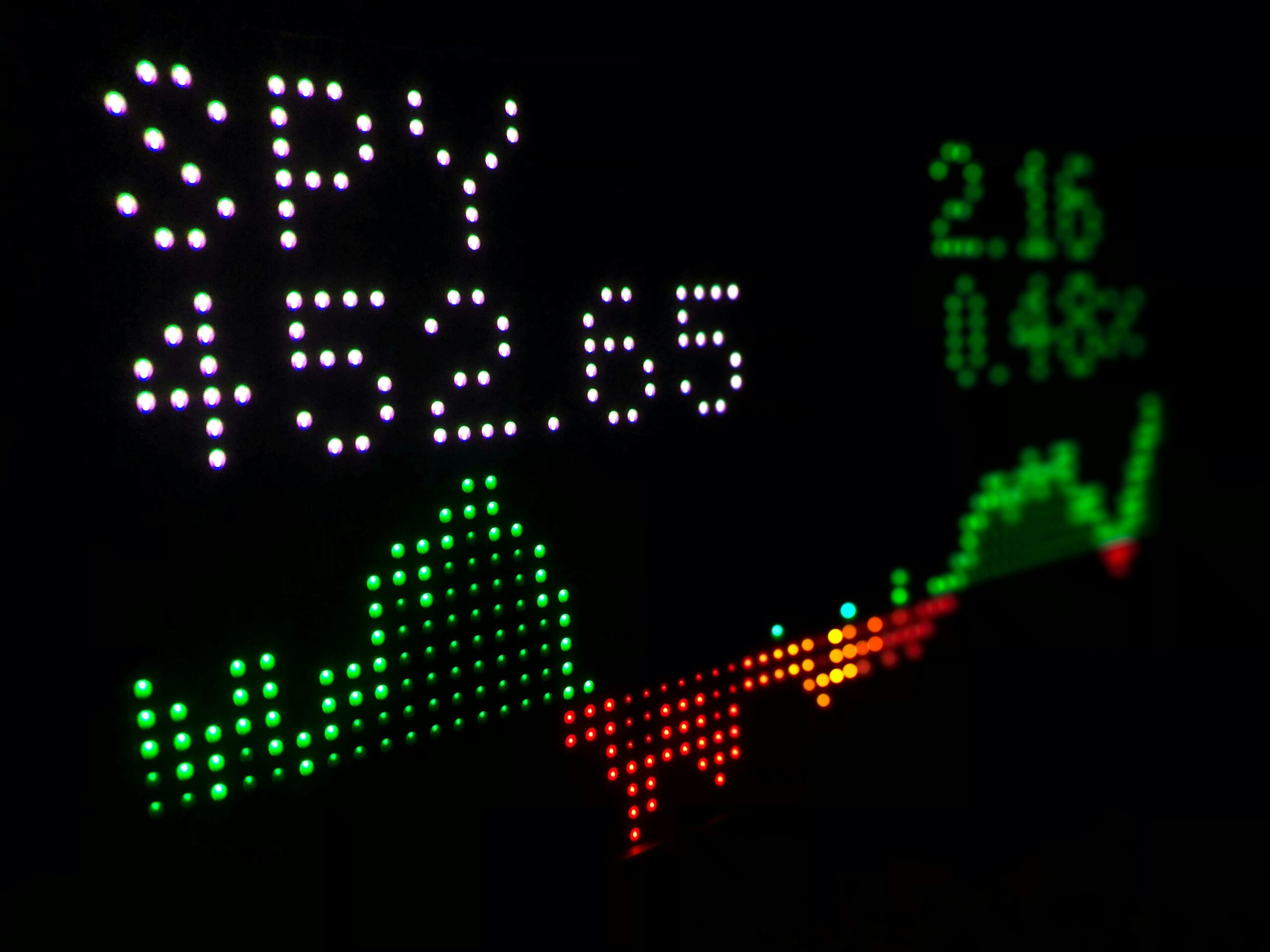On Tuesday, a devastating series of explosions involving pagers rocked Lebanon, resulting in the deaths of at least three people and injuring over 1,000 others, including Hezbollah fighters, medics, and Iran’s envoy to Beirut. The unprecedented incident has been described by Hezbollah as the “biggest security breach” the group has faced in nearly a year of intense conflict with Israel.
The explosions occurred across various regions of Lebanon, with a significant impact in Hezbollah’s stronghold in the southern suburbs of Beirut. The chaos unfolded around 3:45 p.m. local time (1345 GMT), as new model pagers, recently introduced by Hezbollah, suddenly detonated. The incident has heightened tensions in a region already fraught with volatility due to ongoing cross-border warfare between Israel and Hezbollah, which has paralleled the Gaza war that erupted last October.
According to security sources, the pagers that exploded were the latest models brought in by Hezbollah in recent months. The unexpected detonation of these communication devices has left a trail of destruction and confusion. Ambulances rushed through the southern suburbs of Beirut, navigating through widespread panic as the explosions continued for approximately an hour. Devices also detonated in southern Lebanon, amplifying the crisis.
Hezbollah confirmed the deaths of at least three individuals, including two of its fighters. One of the deceased fighters was the son of a Hezbollah member of the Lebanese parliament, according to security sources. Additionally, a young girl was among the casualties. Hezbollah has stated that an investigation is underway to determine the causes of the explosions.
Iran’s ambassador to Lebanon, Mojtaba Amani, was reported by Iran’s semi-official Fars news agency to have suffered a minor injury during the incident. Fars quoted a source stating that Amani’s injury was superficial and he is currently under medical observation. Reuters has not yet been able to independently verify this report.
The explosions have caused significant distress among the Lebanese population. At Mt. Lebanon hospital, a Reuters reporter witnessed a surge of patients arriving with severe injuries, including bloodied hands and screams of pain echoing through the emergency room. The head of the Nabatieh public hospital in southern Lebanon, Hassan Wazni, reported treating around 40 wounded individuals with injuries to the face, eyes, and limbs.
The Lebanese internal security forces have confirmed that wireless communication devices, including pagers, were involved in the explosions. The detonations led to injuries across Lebanon, with a notable concentration in the southern suburbs of Beirut. CCTV footage from regional broadcasters showed scenes of spontaneous explosions at various locations, including near a grocery store and a fruit stand at a market area.
Hello future…
Around 1,200 people were injured by sudden explosions of mobile phones or pagers in #Lebanon.
According to media reports, the pagers detonated due to a cyberattack by #Israel. In total, more than 500 explosions were heard in the country at the same time. Lebanese… pic.twitter.com/OIm0Ez5DiG— Alf Really 🇺🇦🇺🇲🇬🇧🇨🇦🇪🇺🇮🇱🇩🇪🇵🇱 (@vik8867dn) September 17, 2024
In response to the crisis, Lebanon’s health ministry’s crisis operations center has called on all medical workers to report to their hospitals to assist with the influx of wounded patients. The center has also advised against the use of pagers by healthcare professionals. The Lebanese Red Cross mobilized over 50 ambulances and 300 emergency medical staff to aid in the evacuation and treatment of victims.
The timing of the explosions is particularly significant given the ongoing conflict between Hezbollah and Israel. Since the outbreak of the Gaza war on October 7, Hezbollah has been actively engaging in cross-border skirmishes with Israel, which has resulted in continuous exchanges of fire. Despite these exchanges, both parties have so far managed to avoid a full-scale escalation. The current incident marks a troubling escalation in the region’s security situation, with the potential to further destabilize an already volatile environment.
Hezbollah’s immediate response to the explosions included launching missiles at Israel, a move that underscores the heightened state of alert and aggression on both sides. The exchange of fire between Hezbollah and Israel has led to the displacement of tens of thousands of people from towns and villages along the border, exacerbating the humanitarian crisis in the region.
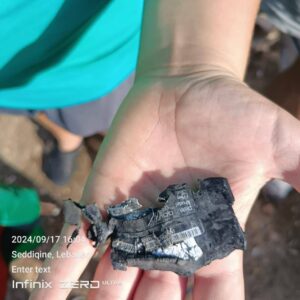
The impact of the pager explosions is still unfolding, with emergency services and security forces working tirelessly to manage the aftermath and provide assistance to those affected. The investigation into the cause of the detonations is ongoing, with authorities looking into whether the incidents were the result of a deliberate attack or a technical malfunction.
The explosions have not only caused immediate casualties but have also deepened the sense of insecurity among the Lebanese population. As the situation continues to develop, the international community and regional stakeholders are closely monitoring the developments, hoping for a resolution to the ongoing conflict and a return to stability in Lebanon.
The incident serves as a stark reminder of the volatile nature of the conflict in the region and the ever-present risk of sudden and catastrophic events. As Lebanon grapples with the aftermath of the pager explosions, the focus remains on addressing the immediate needs of the wounded and investigating the underlying causes of the tragic event.


